TEHRAN(Bazaar) – Robert Y. Shapiro, professor of Columbia University says Rafael Grossi, as the head of an impartial institution, should facilitate the process of negotiations between Iran and other countries in this unstable regional situation.
Following is the full text of the Bazaar interview with Professor Shapiro:
Q: The Director General of the International Atomic Energy Agency, Rafael Grossi, recently said that Iran is rapidly enriching uranium, but we are not saying that it has weapons. He has also announced that the path of talks with Iran is still open. What is your assessment of his words?
A: Grossi believes that Iran creates obstacles for the inspection of nuclear sites and Agency team cannot closely monitor Iran's nuclear activities. This is the most important reason for the statements of the Director General of the Agency. As the head of an impartial institution, he should facilitate the process of negotiations between Iran and other countries in this unstable regional situation.
Q: After Grossi's statement, Anthony Blinken also announced that the withdrawal of the United States from the JCPOA was a big mistake and that Iran's nuclear program has been freed from this restraint and we are now in a situation that we did not want to be in. What is your assessment of his words?
A: Donald Trump, as the president of the United States, officially withdrew from the JCPOA and say it is baseless. The administration of Biden tried to reach an agreement on Iran's nuclear program - but for several reasons - this agreement was not reached. Now the United States knows that Iran is on the path to obtaining a nuclear weapon and there is no obstacle in its way. According to the JCPOA, Iran was enriching uranium at a low level.
Q: In a statement parallel to Grossi and Blinken's statements, Hossein Amir-Abdollahian announced in a meeting with the Swiss Foreign Minister: “The Sultan of Oman's initiative is still on the table and the Islamic Republic of Iran adheres to the path of negotiation.” Can these positions be considered a reason to start negotiations?
A: In the current situation in the Middle East region, it is difficult to start negotiations between Iran and the West regarding Iran's nuclear program. Iran's fomenting of regional instability has also made the situation more difficult.
Q: At the same time, Iran's foreign minister has announced that the Sultan of Oman's initiative is on the table, and before that a plan was proposed by Japan, which was welcomed by Amir-Abdollahian. Do you think that Iran has that plan on its agenda or is it focused on Oman's plan?
A: I don't know about Japan's plan. But Oman's plan can be accepted by the parties because it sees demands of the parties. However - due to the conditions in the Middle East region, we cannot hope for the start of nuclear negotiations with Iran in the near future.
Q: In general, what is the meaning of these positions proposed by the officials of the International Atomic Energy Agency, Iran and the United States in the midst of the Gaza war and war in the Red Sea?
A: Regarding the Middle East region, it should be said that Iran and its nuclear issue have always been at the top of the news in the region during the last two decades. So it is not surprising that these positions are expressed at this time.

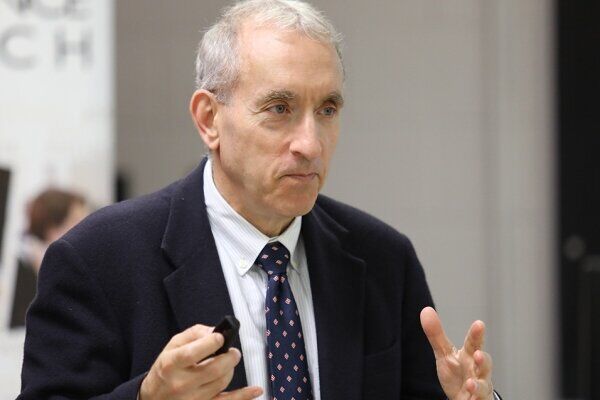





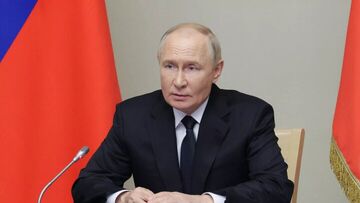
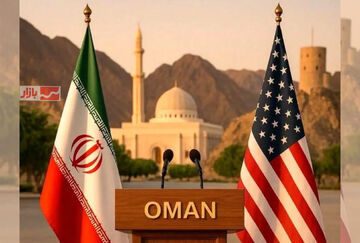
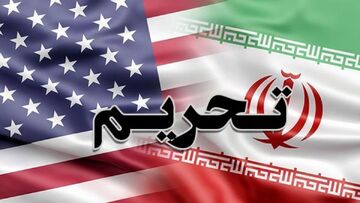
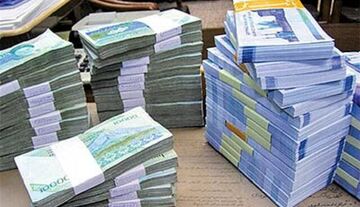



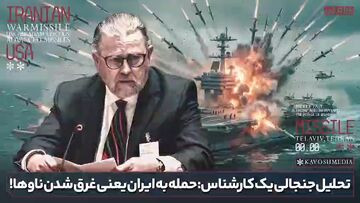
نظر شما